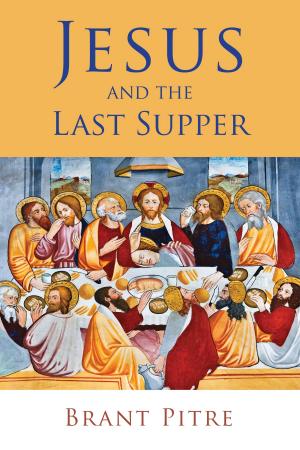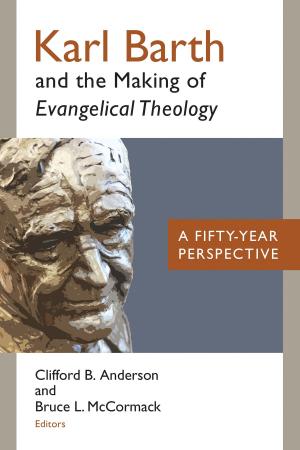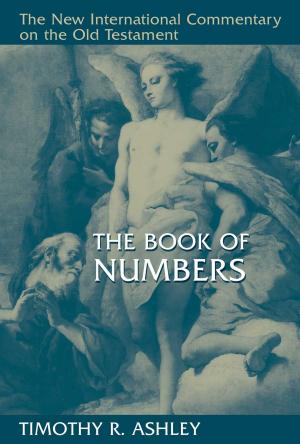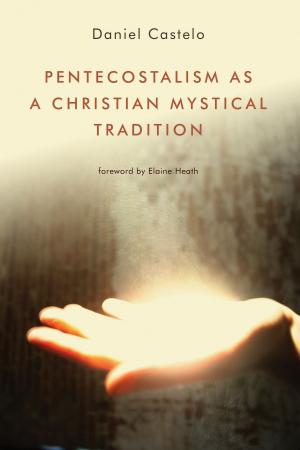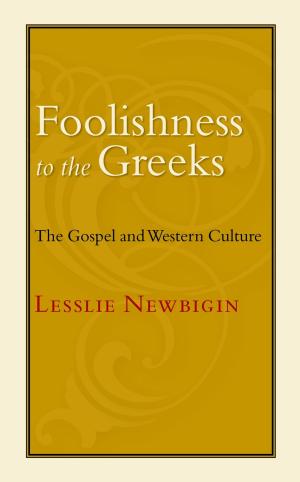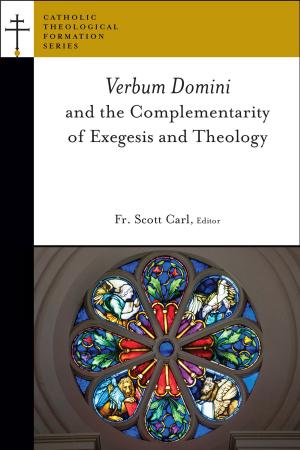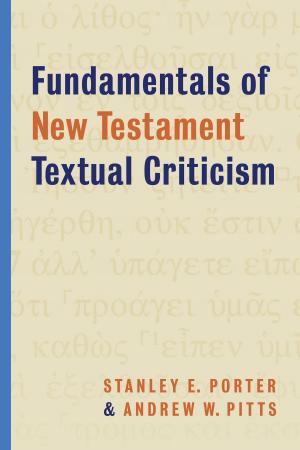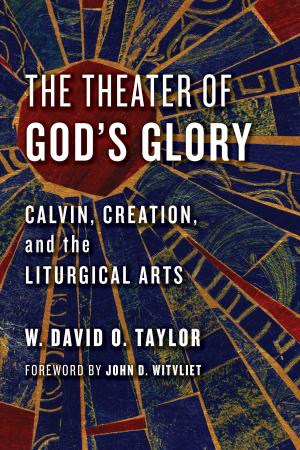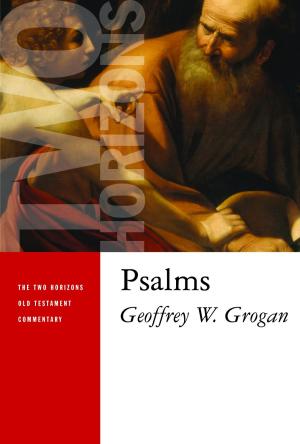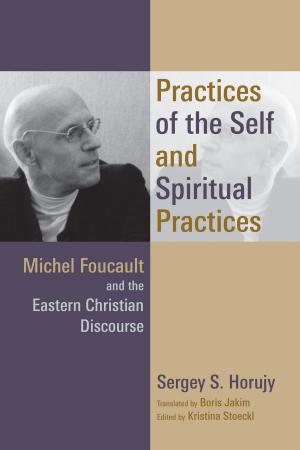The Book of Ruth
Nonfiction, Religion & Spirituality, Bible & Bible Studies, Old Testament, Commentaries| Author: | Rubert L. Hubbard Jr. | ISBN: | 9781467422963 |
| Publisher: | Wm. B. Eerdmans Publishing Co. | Publication: | February 20, 1989 |
| Imprint: | Eerdmans | Language: | English |
| Author: | Rubert L. Hubbard Jr. |
| ISBN: | 9781467422963 |
| Publisher: | Wm. B. Eerdmans Publishing Co. |
| Publication: | February 20, 1989 |
| Imprint: | Eerdmans |
| Language: | English |
The book of Ruth contains one of the Bible's best-known and most-loved stories. This major commentary by Robert L. Hubbard Jr. shows how the author of Ruth used, with great literary artistry, the story of Ruth and Naomi to convey important theological themes.
In his introduction Hubbard discusses the issues of text, canonicity, literary criticism, authorship, date, purpose, setting, genre, legal background, themes, and theology, concluding with an outline of the book and a thorough bibliography. The commentary proper is based on Hubbard's own fresh translation and accented by copious footnotes on textual, philological, and literary matters.
Gleaning the best from recent research on Ruth, Hubbard gives the story's rich literary, grammatical, and theological dimensions a careful, rigorous treatment. He allows for the possibility that the anonymous author was a woman and argues that the narrative itself aims to counter opposition to the Davidic monarchy in Israel and Judah during Solomon's reign. Throughout, Hubbard's sensitivity to the literary genius of Ruth's author and his coherent explication of the outworking of the book's theological themes make this volume an invaluable tool for anyone desiring to explore the intriguing story of Ruth in depth.
The book of Ruth contains one of the Bible's best-known and most-loved stories. This major commentary by Robert L. Hubbard Jr. shows how the author of Ruth used, with great literary artistry, the story of Ruth and Naomi to convey important theological themes.
In his introduction Hubbard discusses the issues of text, canonicity, literary criticism, authorship, date, purpose, setting, genre, legal background, themes, and theology, concluding with an outline of the book and a thorough bibliography. The commentary proper is based on Hubbard's own fresh translation and accented by copious footnotes on textual, philological, and literary matters.
Gleaning the best from recent research on Ruth, Hubbard gives the story's rich literary, grammatical, and theological dimensions a careful, rigorous treatment. He allows for the possibility that the anonymous author was a woman and argues that the narrative itself aims to counter opposition to the Davidic monarchy in Israel and Judah during Solomon's reign. Throughout, Hubbard's sensitivity to the literary genius of Ruth's author and his coherent explication of the outworking of the book's theological themes make this volume an invaluable tool for anyone desiring to explore the intriguing story of Ruth in depth.

